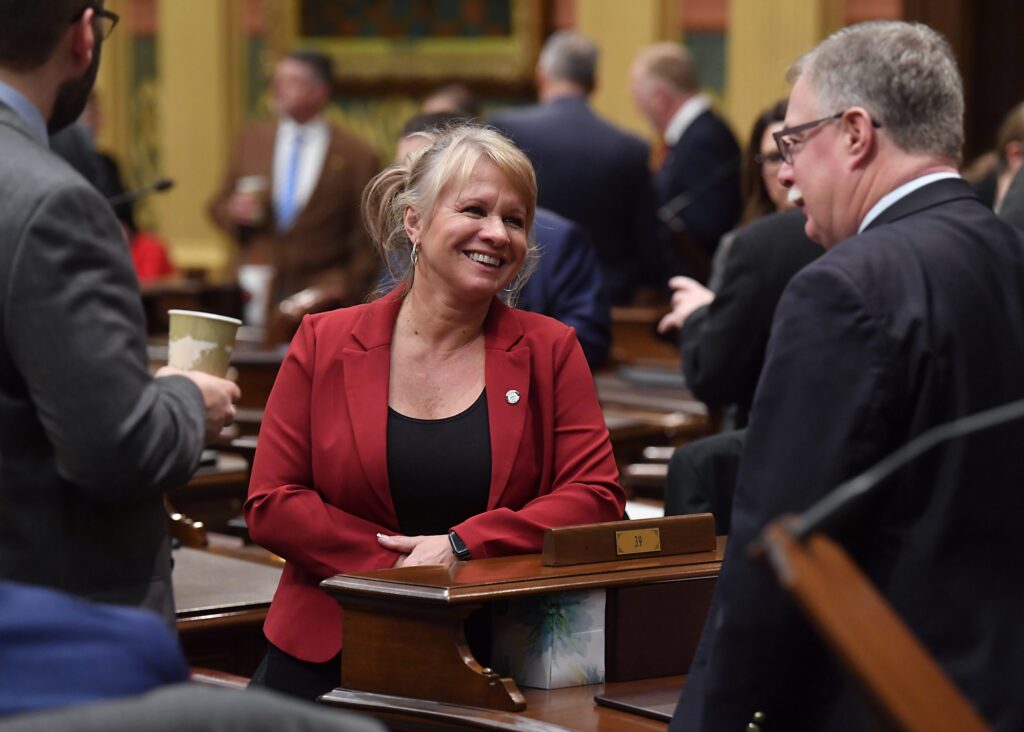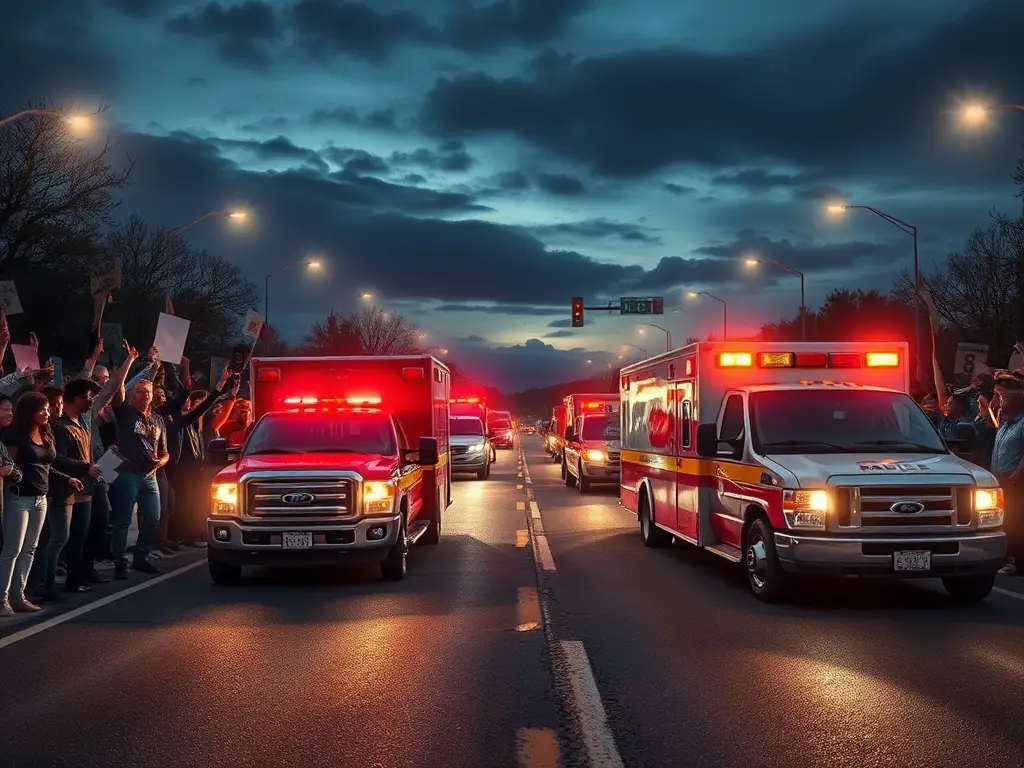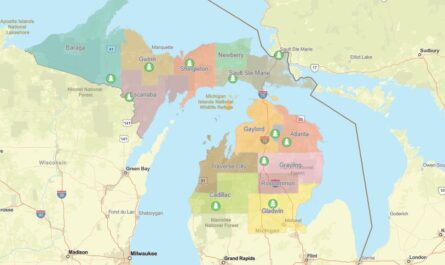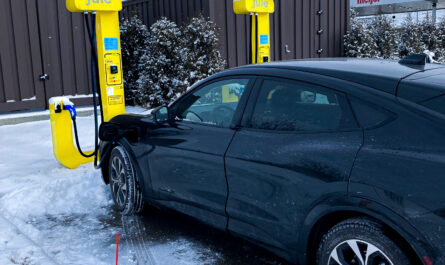State Rep. Alicia St. Germaine’s proposed House Bill 4664 aims to criminalize group obstruction of public roads, raising legal and civil liberty concerns. The New Michigan Protest Law would criminalize obstructing traffic during protests involving 10 or more people. Civil rights groups raise alarm.
St. Germaine’s Roadway Obstruction Ban Targets Group Protests

LANSING — Issued by the Michigan House of Representatives on June 18, 2025.
Rep. Alicia St. Germaine (R-Harrison Township) has introduced House Bill 4664, seeking to amend the Michigan Vehicle Code by criminalizing the obstruction of public roads, sidewalks, or highways by unauthorized individuals. The bill imposes a misdemeanor offense — up to 93 days in jail or a $5,000 fine — if the obstruction occurs during an assembly of 10 or more people.
“Blocking roadways is not only dangerous, but it is also disruptive to public safety,” said St. Germaine in a public statement. “This bill ensures that our streets remain open for emergency responders, families, and workers who rely on safe and clear roads every day.”
Bill Defines “Obstruction” and Adds Civil and Criminal Penalties
House Bill 4664 modifies Section 676b of the Michigan Vehicle Code. Under the proposed law, no unauthorized individual may “block, obstruct, impede, or otherwise interfere” with traffic using a barricade, object, or their person. An individual found violating this rule would face a civil infraction, unless it occurs during a large-scale gathering — in which case criminal charges would apply.
According to the bill language, exceptions remain for utility workers and for certain charity-related roadside fundraising efforts that meet specific criteria, such as wearing high-visibility safety gear and holding appropriate insurance.
The measure was introduced with broad support from Republican lawmakers, including Reps. Greene, Kunse, Woolford, Prestin, BeGole, and others, and was referred to the House Judiciary Committee for review.
Protest Rights and Free Speech Concerns Raised by Civil Liberties Advocates
The bill’s language has triggered concern among legal experts and civil rights groups, who see it as a possible tool to suppress First Amendment-protected demonstrations.
“The language of this bill is vague and dangerously broad,” said Dan Korobkin, legal director of the ACLU of Michigan. “It opens the door for selective enforcement against peaceful protesters. That’s a civil liberties red flag.” [Source: https://www.aclumich.org/en]
While St. Germaine argues the law balances safety and speech — stating, “We can protect both public safety and the right to free speech” — opponents argue that criminalizing group presence on public roads during protests could chill lawful assembly.
Michigan Context: Past Protests May Have Prompted Legislative Action
The bill appears to follow several high-profile protests in Michigan over the past five years, including Black Lives Matter demonstrations, COVID-19 lockdown protests, and environmental advocacy rallies, where roads were blocked temporarily. While most remained peaceful, public frustration over traffic disruptions has grown.
In 2021, the Michigan Department of State Police reported a significant increase in roadway disruptions linked to mass gatherings, though no widespread arrests were made under the existing civil infraction provisions.
Charity Fundraisers and Local Ordinances Remain Protected
Importantly, House Bill 4664 preserves the legality of certain types of street-side fundraising. Organizations such as the Knights of Columbus or local firefighter boot drives would still be allowed to collect donations from medians, provided they meet six safety conditions — including obtaining municipal approval and using traffic-controlled intersections.
In doing so, the bill prevents a full ban on this form of civic fundraising but still gives municipalities discretion to regulate location and conditions.
Next Steps and Legislative Implications of Michigan Protest Law
The bill is now under review in the House Judiciary Committee, where debate is expected over whether the bill infringes on free speech or meets a genuine public safety need. If passed, the bill would go into effect later this year.
Michigan residents and legal observers are closely watching this legislation, as it represents a test case for other states considering similar crackdowns on protest-related traffic interference.
Read More Interesting Feature Stories From ThumbWind
- Michigan Feature News Stories – Unveiling the diverse and vibrant people, captivating places, and remarkable events that come together to make the Great Lake State unique.
- Strange Political News – A sarcastic take on official news from around the U.S., exploring the absurdities that often arise in the political landscape while providing a humorous perspective on current events and highlighting the quirks of politicians and policies.
- Michigan Hometown News – News and events from Michigan’s Upper Thumb region worth knowing, including local stories, impactful interviews, and updates on community happenings that shape the culture and lifestyle of the area.
Your Turn – Like This, or Hate it – We Want To Hear From You
Please offer an insightful and thoughtful comment. We review each response. Follow us to have other feature stories fill up your email box, or check us out at ThumbWind News




